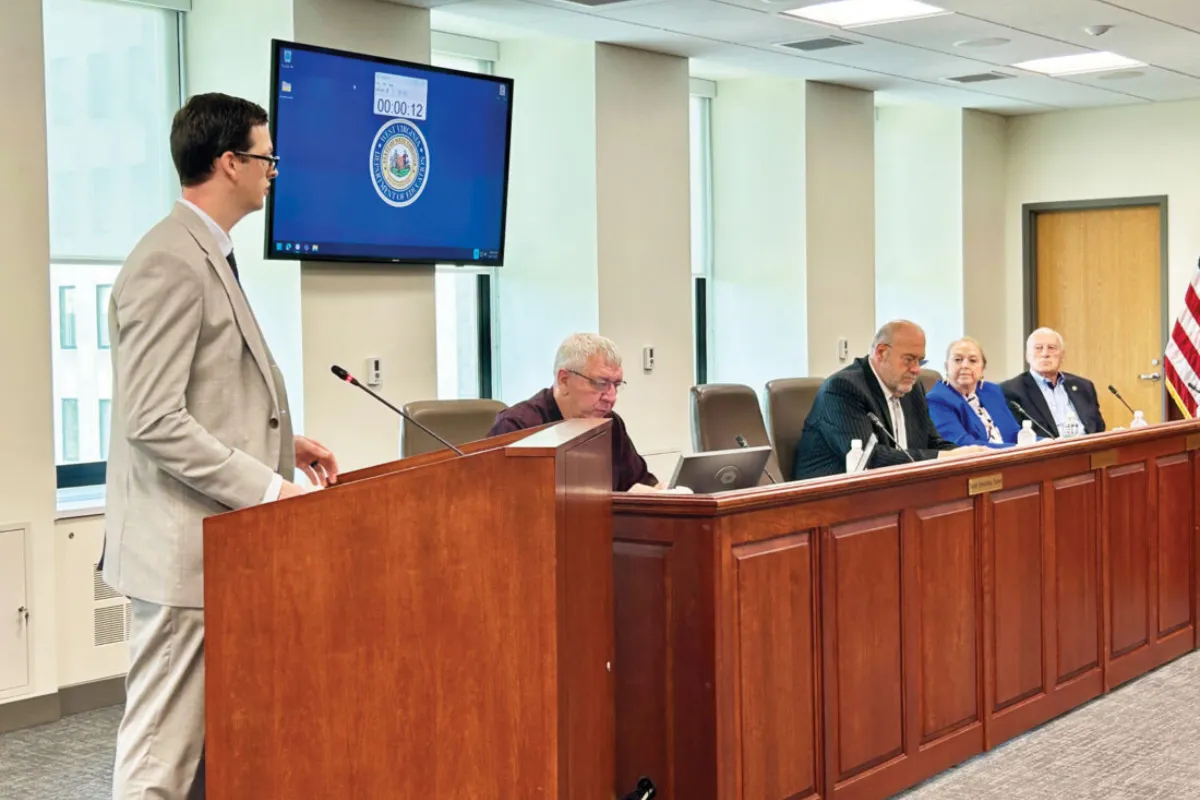In a firm and unanimous decision, the West Virginia Board of Education voted Wednesday to reject Governor Patrick Morrisey’s executive order allowing for religious and conscientious exemptions to the state’s mandatory school vaccination law.
Meeting in Charleston, the board directed State Superintendent Michele Blatt to issue formal guidance to county school systems: follow the current state law, which does not allow religious exemptions to vaccines required for school attendance.
Governor’s Executive Order Sparks Controversy
Back in January, Governor Morrisey issued Executive Order 7-25, allowing parents and guardians to request religious or philosophical vaccine exemptions with only a written note. The move clashed with state law, which mandates vaccines for diseases such as measles, mumps, rubella, and hepatitis B—only permitting exemptions for medical reasons.
Although a legislative effort to support the governor’s order failed earlier this year, the executive order remains in effect.
Legal Challenge and Board Resistance
A lawsuit filed by ACLU-WV and Mountain State Justice on behalf of parents in Kanawha and Cabell counties is currently challenging the executive order. The case asks the court to enforce the state’s long-standing vaccine requirements and declare Morrisey’s order invalid.
Despite pressure from the Governor’s Office, the Board of Education stood its ground. In an earlier attempt to clarify vaccine policy, the state Department of Education had sent out a memo directing superintendents to follow the law—but retracted it after political pushback.
Now, the board has made it official: schools must uphold the compulsory vaccination rules, regardless of the governor’s directive.
Arguments from Both Sides
During the meeting, Sean Whelan, general counsel for Morrisey, defended the executive order, saying it aligned with the Equal Protection for Religion Act passed in 2023. That law protects religious practices from government overreach unless there is a compelling reason and no less restrictive way to achieve it.
“The governor isn’t defying science or law,” Whelan said. “He’s interpreting vaccine rules alongside a newer law protecting religious freedom.”
But others strongly disagreed.
Four speakers, including doctors and religious leaders, urged the board to keep West Virginia’s strict vaccine laws intact.
“As both a physician and a mother, I can tell you that immunizations are one of the most critical tools we have to keep our children safe, healthy, and in school,” said Dr. Allison Holstein of Charleston Area Medical Center.
Rev. Eric Miller of St. John’s Episcopal Church emphasized the broader responsibility: “By immunizing our children, we’re protecting the rest of society, including the elderly.”
What’s Next for Schools
With the board’s guidance in place, county school districts are expected to follow the current law that does not allow religious or philosophical exemptions.
This decision reinforces West Virginia’s reputation as a leader in vaccine-preventable disease prevention—especially vital as measles outbreaks continue across the U.S., including in states surrounding West Virginia.
The conflict between the Governor’s Office and the Board of Education may continue to play out in the courts, but for now, the state’s message is clear: vaccination rules stand as written.
















